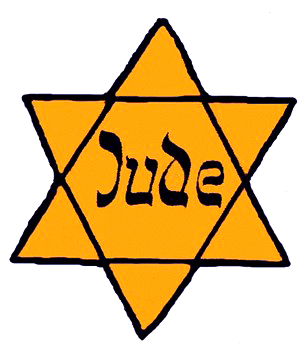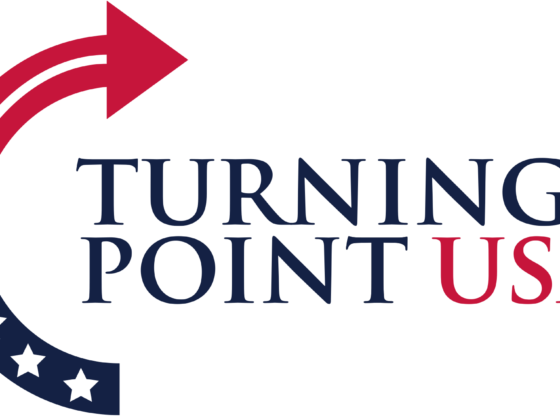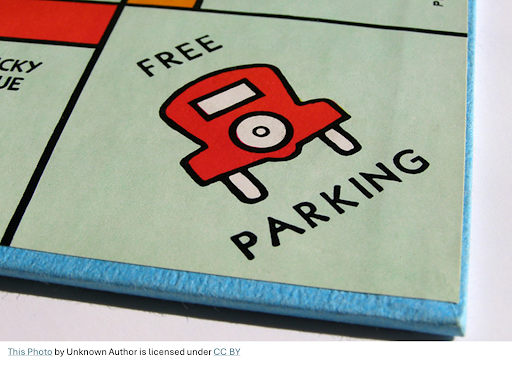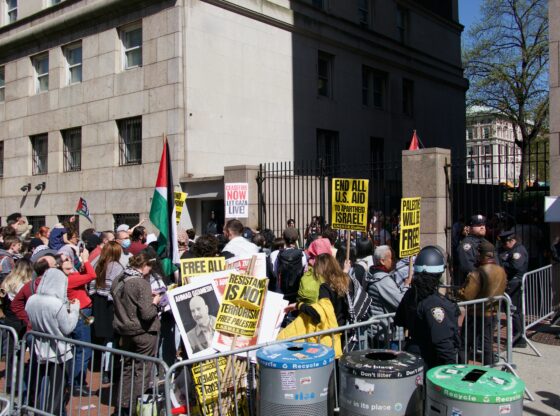It was not an accident that 11 million people died in the disaster that is now known as the Holocaust: This tragedy occurred because individuals and governments made choices that not only legalized discrimination, prejudice and hatred, but popularized these mindsets as well. Through systematic advertisements, law, and the suppression of insurgence, Hitler gained widespread support that he later used to progress his agenda. The agenda was published in 1925 and in 1926, in two subsequent volumes, and was ignored by the world until it was too late. Now, decades later, people still remember.
Even though many Holocaust Remembrance-like events are put on during the year, Congress established the “Days of Remembrance” to be a nationally recognized event that is promoted yearly by the United States Holocaust Memorial Museum. This year, the holiday is April 27 to May 4, and features many different affairs all around the nation. To better help picture the circumstances faced by Jews in Germany and Europe from 1933 to 1945, imaging the following:
You wake up on a regular day, and as you pour yourself a cup of tea or coffee and enjoy breakfast, casually scrolling through your phone, a sharp knock sounds at the door. Men in military uniforms inform you that according to new laws, you have to wear a badge. Maybe this will bother you– that people of your heritage and cultural background are being forced to proclaim their identity to the rest of the world. “It’s for your own safety,” you’re told, so you choose not to care and don the badge. The men leave and you return to your day.
It’s time to go to work, and grabbing your keys, you head into the parking lot and mindlessly fiddle with your phone as you head to where you parked your car the night before. Without looking up, you press the remote, expecting to hear the conventional “swish” of the doors unlocking, but are only greeted with silence. Startled by the lack of familiarity, you look up and realize – your car is gone. In its place is an envelope with a letter. Your heart sinks as you read the letter that outlines the new property rights that people like you don’t have anymore. You don’t get angry, after all, this is the law, and it’s all for your own protection.
Knowing you will be now late, you try to call your workplace, but instead you hear a resounding message from your service provider: Your phone service has been suspended.
An hour later, you stumble into the bank where you are a manager, exhausted from half — sprinting, half — jogging the four miles from your home. Wearily you smile at the security guard, but for the first time, he doesn’t return the favor. Without a moment to spare, you walk into the elevator, and press the button that would take you to your spacious office. Hopefully, your assistants had managed to reschedule your appointments for the morning. When you reach your floor, you are greeted by worried faces; eyes follow you as you walk the short distance to your office.
There are people milling inside, and boxes are stacked on your desk and on the floor. A figure turns around as you enter, surprise etched on his face. The President himself is standing in your office, beside him another person. “What … are you doing here?” he stutters, caught off guard. “I work here,” you answer, unsure of what is to come, “What’s going on?”
It turns out that people like you can no longer hold positions of power. You’re just one of thousands of people who are now unemployed. “But I’ve worked here for years! I’ve poured my blood and sweat into this company! I gave up my life for my career!” you protest, but your cries fall on seemingly deaf ears. “It’s the law now.” “It’s for your own good.” “You’ll thank us later.”
Defeated, you leave. On the way out, you glance at the televisions in the lobby and see your apartment complex. Your friends and neighbors are huddled outside, all wearing the same badge as you. They are loaded into a bus and driven away. The journalist explains that all people like you are being requested to go to the edge of town. There, you will receive more information about your possessions, and what is to come.
A strange feeling settles in your stomach, and you decide to comply. Your government cares about you, surely the people you voted for, just months prior, wouldn’t do anything to harm you. Your conscience berates you for such thoughts. What could the government possibly do? They have only done good in the past. After all, this is an established westernized democracy.
It only takes a few minutes to get to the square. As soon as the authorities see you walking, your badge displayed on your chest, they pick you up themselves. You join your family, your neighbors and your friends. To your left is an open field, in front of you the men you met this morning are gathered, separating you and your kind from the rest of the “regular” citizens.
Children are crying, men are yelling, women are screaming. A shot is fired into the air, bringing silence. A man’s voice explains something, repeating the words you have heard all day: your own good, safety, protection, compliance. As he talks, armed soldiers start pushing the crowd into the field, where a giant pit has been dug. You hadn’t noticed it before because you were too busy trying to orient yourself. As the people near the edge, more gunshots resound in the evening air. People start falling.
Why didn’t you care when they started with the little things? You come to realize that justice and legality are not necessarily the same thing: Just because something is legal does not mean it is fair or right. Was it all just an accident, and those people don’t actually mean it?
How many times does a genocide need to occur before humanity realizes that systematically murdering people for factors that are out of their control, is not ‘OK’? How many more excuses will be made for people who commit acts of terror before the realization sets in that some opinions are plain wrong. I know people who were forced to flee their homes in Tajikistan and Georgia, and relocate to a foreign country whose language they did not know and whose culture they did not understand, and yet they were the lucky ones.
Human history is speckled with times during which a group gained control and looked to wipe out a population, be it for ethnic, religious or political reasons. The Kurds were killed in the Middle East, the Aborigines in Australia, the Moriori in New Zealand, the Native tribes in the Americas. Looking back further in history, women were mass murdered during the witch hunts and Genghis Khan killed for fun. While not every one of these tragedies is commemorated annually, people still remember, learn and do what they can to prevent such atrocities from destroying future generations.
Holocaust Remembrance Week started on Sunday, so adopt the mentality of the minorities who were victimized all those years ago and all the others who continue to suffer to this day: Never forget. Don’t forget what happened, and don’t forget what can happen.











